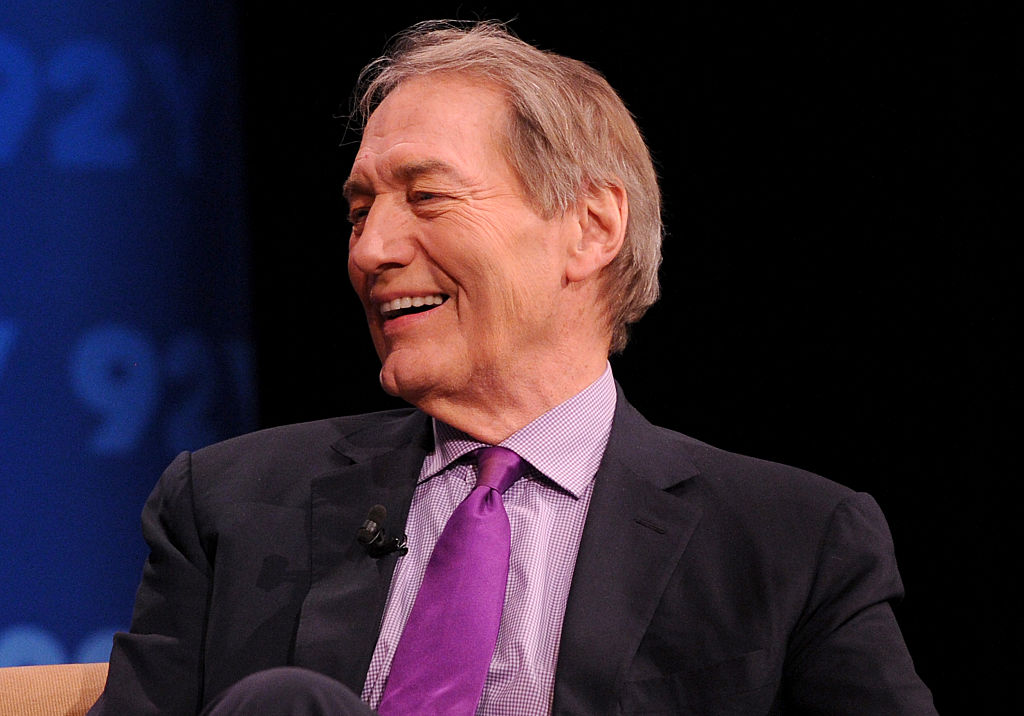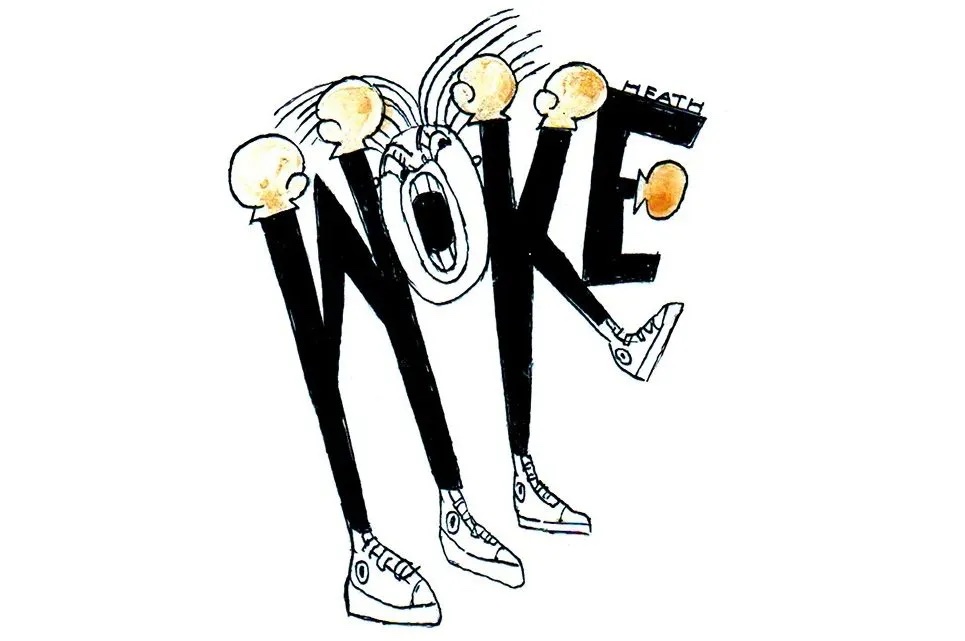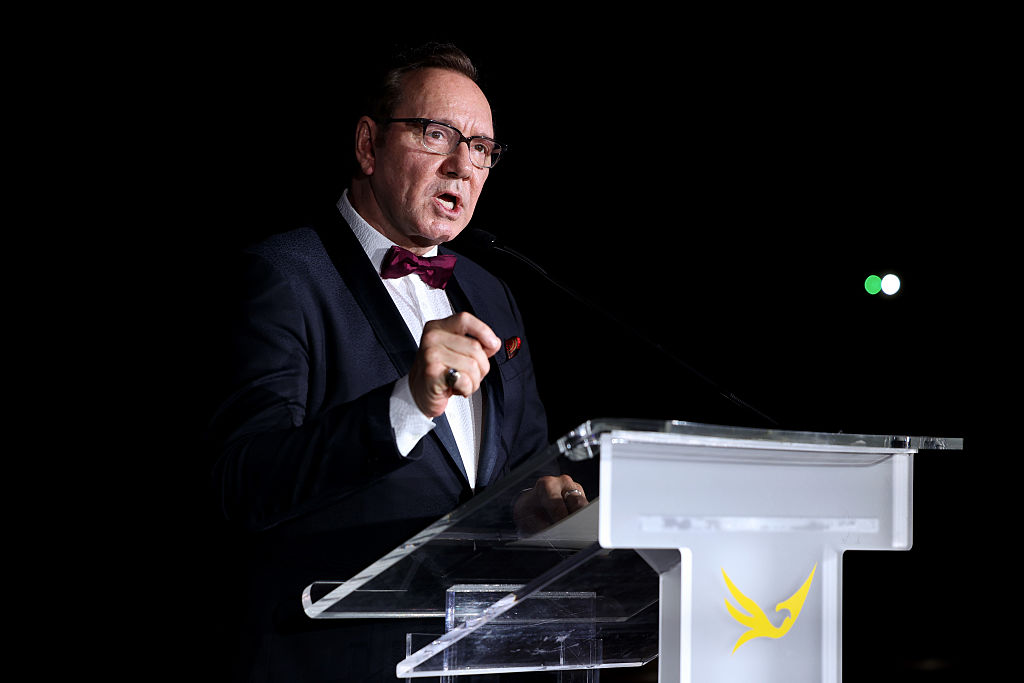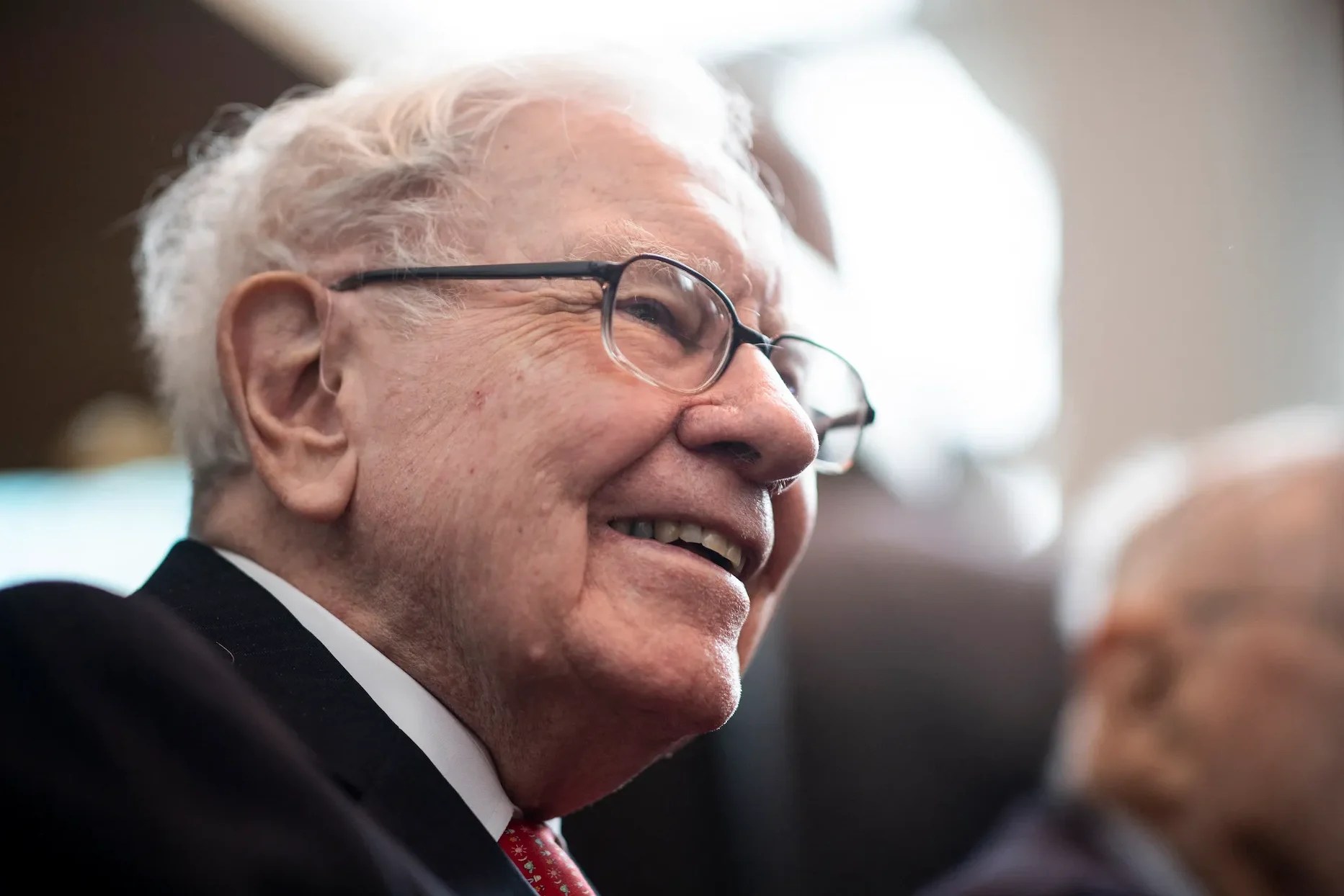For some of us, Charlie Rose serves the same function as Proust’s madeleine. His eponymous public television interview program, which began airing in 1991, was a fixture of the pre-millennium media landscape, a halcyon age in which newspapers carried the news, Amazon was a mere purveyor of books, and “woke” referred to a state of wakefulness rather than political correctness.
Such nostalgia augurs well for the carefully managed reemergence of the disgraced broadcaster, who has ended his exile with new conversations thrown up on his website, charlierose.com. But we’re getting ahead of ourselves. Five years ago, Rose — by then, also the co-host of CBS This Morning — first became the subject of sexual misconduct allegations. Some of these sounded pretty gross, yet even in the context of the overheated early days of #MeToo, they were something less than altogether horrendous. They included, according to a report in the Washington Post, suggestive phone calls, some too-close-for-comfort personal contact, and — how best to put this? — a habit of exiting the shower in plain sight of work colleagues who had been invited over to a Rose residence.
In a statement issued at the time, Rose acknowledged “inappropriate behavior,” took issue with some allegations, and, naturally, professed to having gained “a newer and deeper recognition of the pain caused by conduct of the past.” If he hoped such mealy-mouthed expressions of regret would result in continued employment, the five years that followed surely disabused him of that notion. The tedious Christiane Amanpour assumed his old public television time slot, and, for a time, the tepid, anemic John Dickerson replaced the genteel, gregarious Rose on mornings on CBS. Good night and good luck, Charlie — you’re canceled!
Except, of course, on his own website. At charlierose.com, which remained active throughout all of this, viewers could relive past highlights from his public television program. Immersing oneself in these conversations, Rose’s gift for choosing guests — his ability, like a chef’s, to satisfy the palette with variety — came through in spades. Rose was charmed by society bandleader Peter Duchin, enamored of French movie goddess Jeanne Moreau, and thoroughly impressed by our greatest man of letters, John Updike. Although he was no intellectual heavyweight, he seemed to know something about his topics: he discussed neuroscience with Dr. Eric Kandel, the life and times of Truman Capote with George Plimpton, and the making of Rushmore with Wes Anderson. That these guests beat a path to Rose’s oak table — notable for being his show’s only element of set decoration — surely owed something to the man himself, with his North Carolinian drawl and inquisitive manner.
Those of us who kept the faith were rewarded in 2020 when new content — as the kids say these days — began appearing on Rose’s website, apparently without any prior announcement. At first, Rose, speaking from an undisclosed (but apparently fairly swanky) location, merely introduced compilations of past interviews with former guests David McCullough and the then-recently deceased Toni Morrison. A nice start.
Then, on April 14 of this year, an all-new interview popped up with Warren Buffett, a prototypical Rose guest. “It’s great to see you,” Rose said, to which his interviewee, speaking for all of us, retorted, “No, it’s great to see you!” More new interviews followed, including one with the ex-president of Estonia, Toomas Hendrik Ilves (interesting, interesting), and an altogether elegant conversation, held before a live audience outdoors, with Italian actress Isabella Rossellini. To quote Dennis Hopper in Blue Velvet: “Suave!”
According to a recent story in the newsletter AirMail, Rose’s return to the interviewer’s chair is part of a grand post-exile plan, a project that also included Rose writing “a seventy-five-page treatise on why he deserves a second chance.” Naturally, AirMail is dubious of the whole enterprise, but if you have any doubt that Rose is deserving of a revival, just sample some of the new conversations. To be sure, Rose looks a little older, a little grayer. But he remains quick to smile, easy to laugh, and, although clearly a member of what used to be called the “liberal elite,” entirely lacking in the scolding tone of the young and the woke.
Yet what one admires most is not that Rose retained his skill set (no surprise there) but that he has chosen to exercise it. His mea culpa from 2017 notwithstanding, Rose did not telegraph his comeback with another crisis manager-approved apology tour. Like the free man he is, he simply went back to work. Even if one believes that Rose’s private conduct leaves something to be desired, hasn’t he spent long enough in time-out? Whatever he did or said in private cannot be undone or unsaid. What social good is realized by denying the rest of us his engaging interviews with important people?
It is unclear how often Rose will upload new interviews — he certainly doesn’t have anything close to the workload of his old weeknight program — and whether they will ever reach a viewership wider than his coterie of fans. And just how deep is the bench of notables willing to be interrogated by him? (AirMail reported a rumor that Nancy Pelosi was set to speak with Rose, which the broadcaster denied. If she had agreed to such a conversation, though, it would have been the bravest act of her public life.) Are there some who won’t stand for questioning by Rose — just as some squishy actors have proclaimed they will never again work with Woody Allen? Who knows?
Yet a half-baked comeback is better than none at all, and a comeback free of groveling better still. Old men of a certain age — Rose would be close to it — sometimes wear what are known as “go to hell” pants. Rose, to his eternal credit, may be in “go to hell” mode. Give ’em hell, Charlie.

























